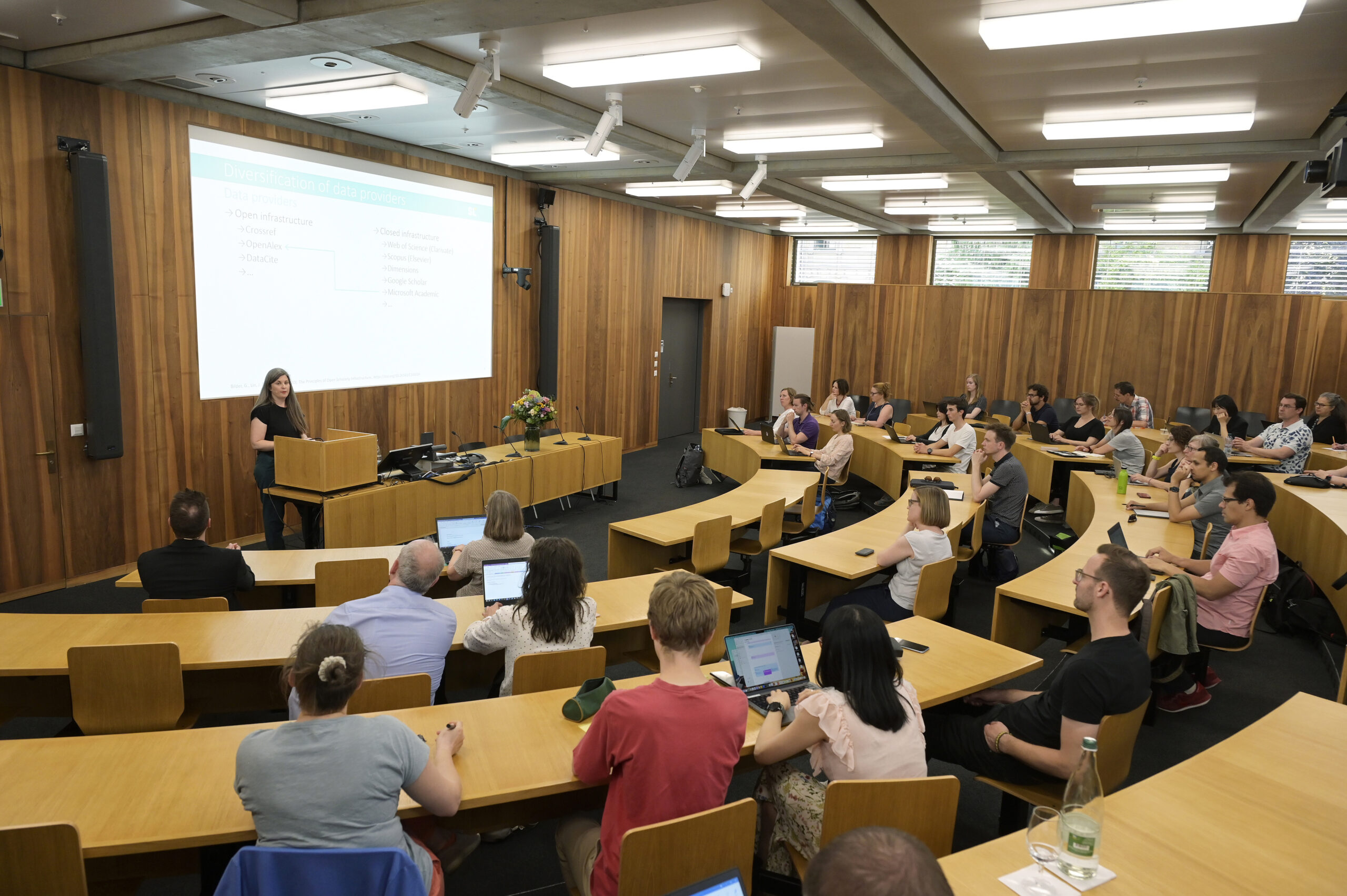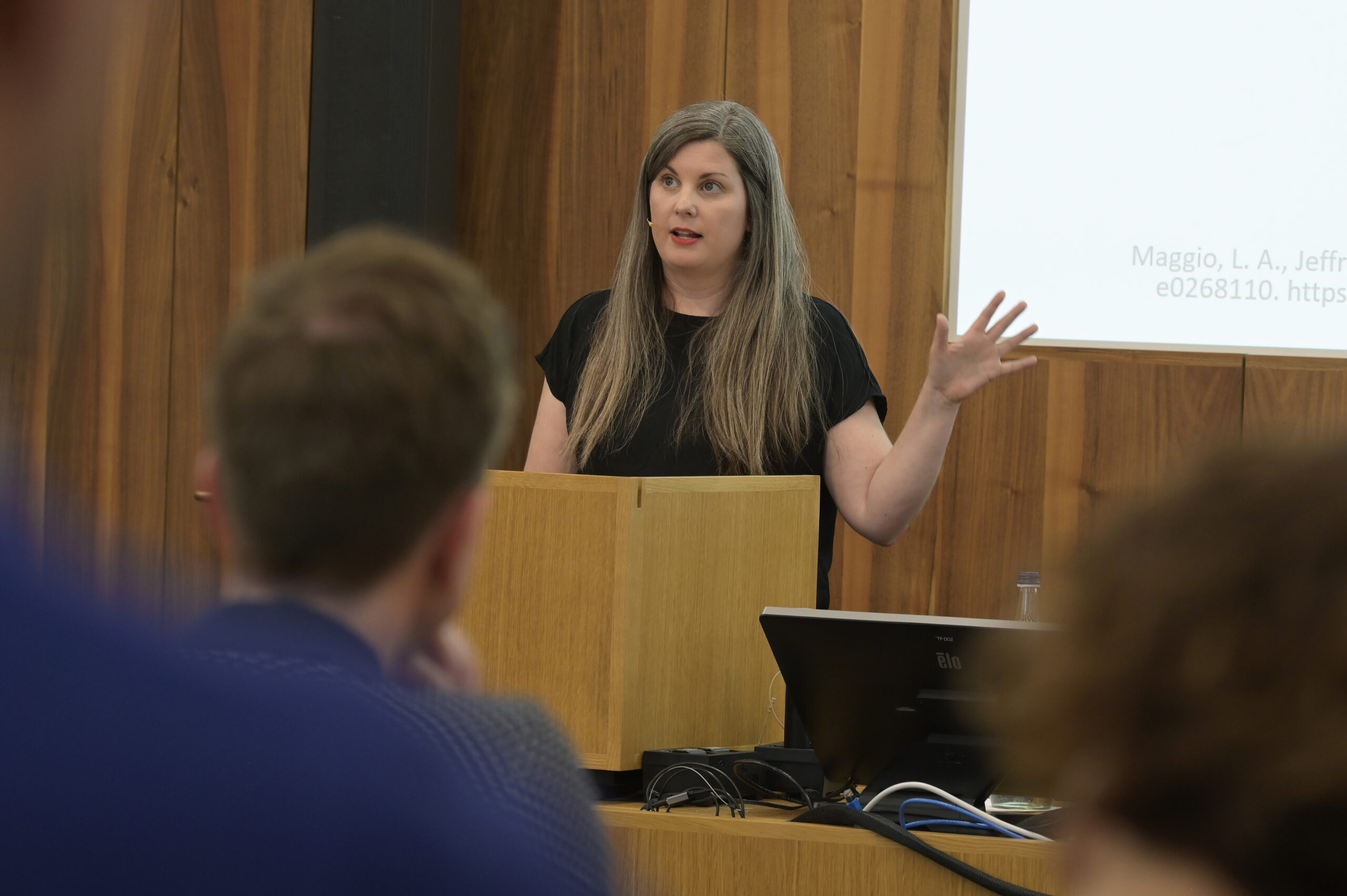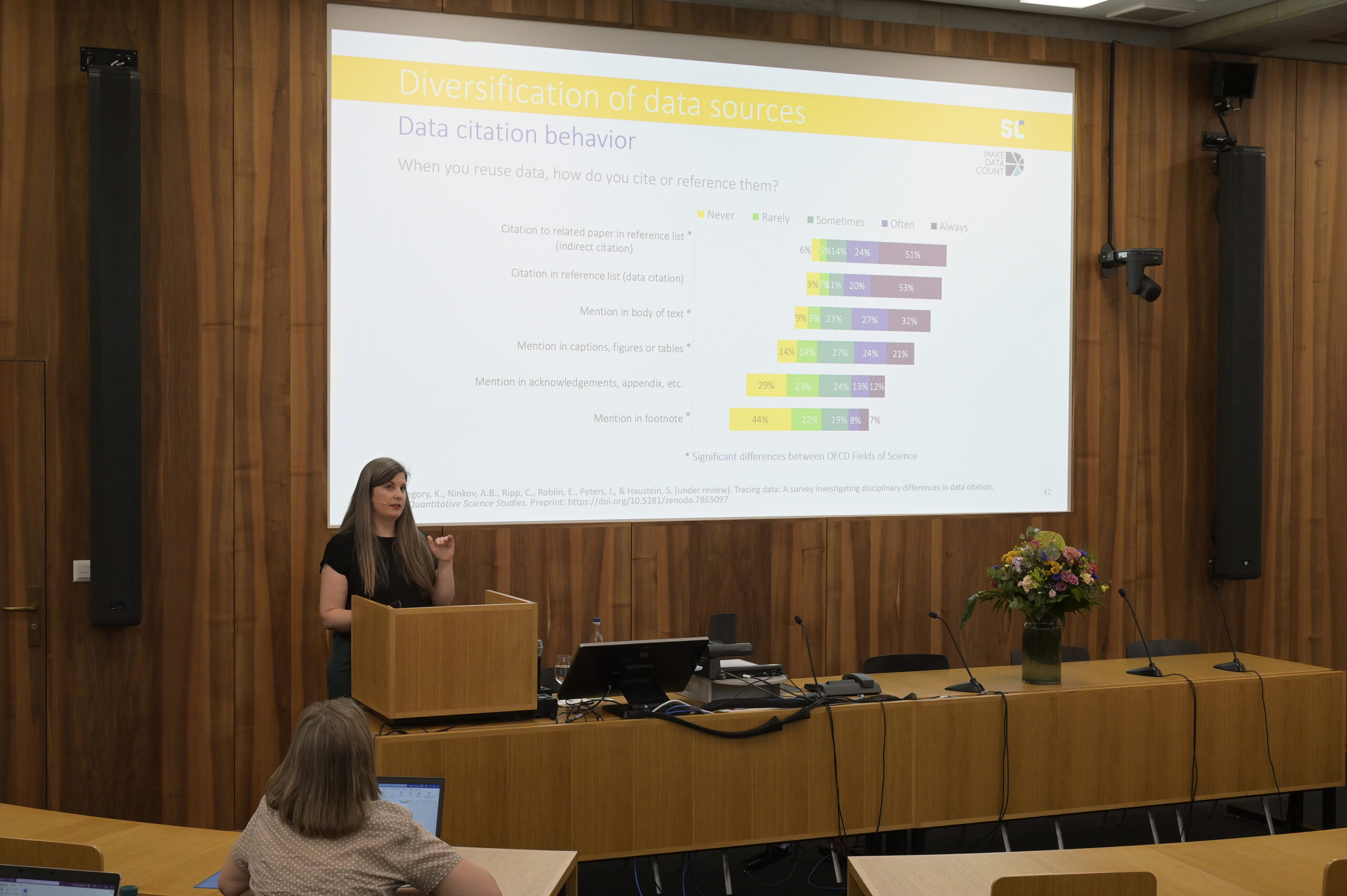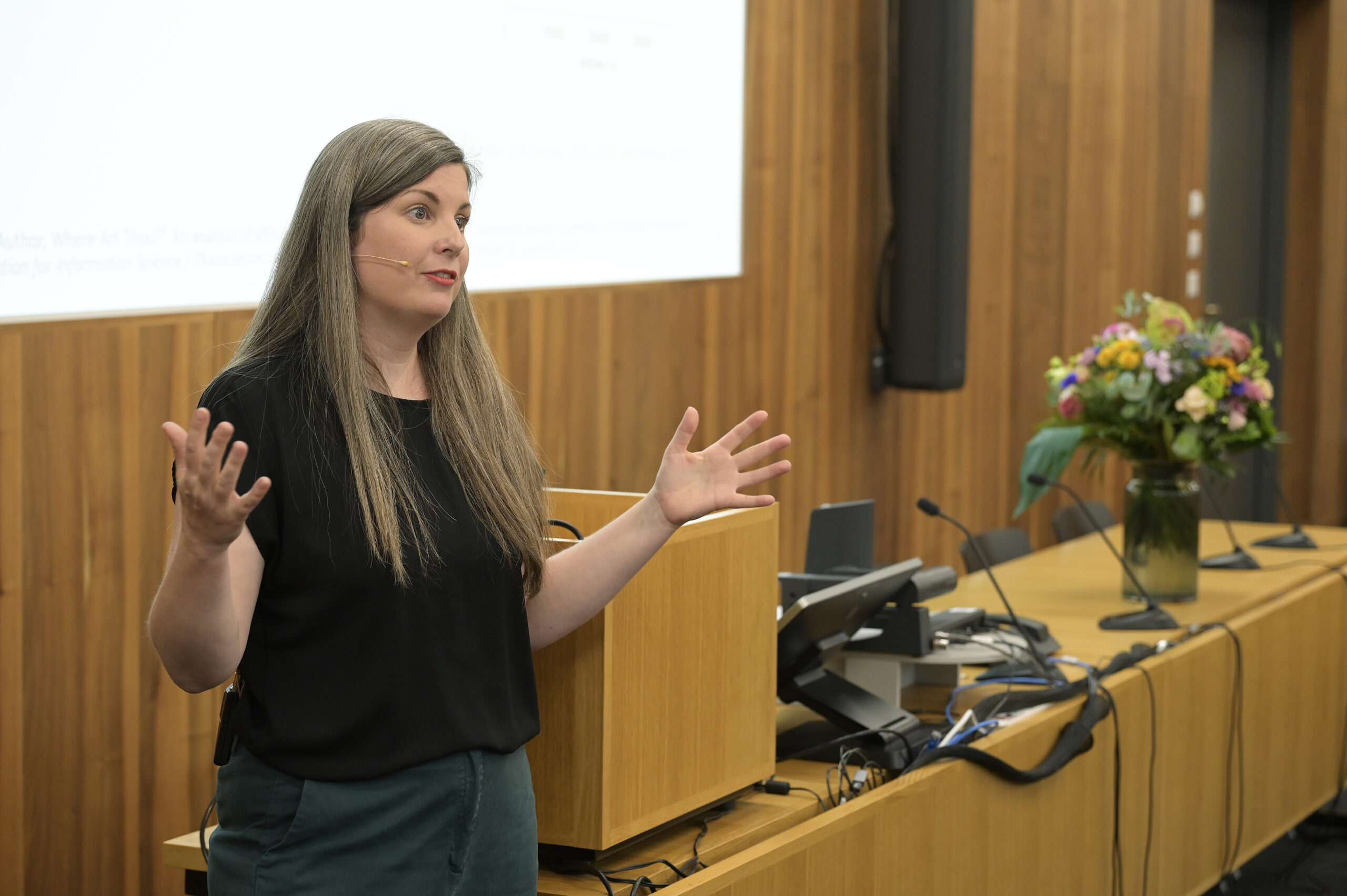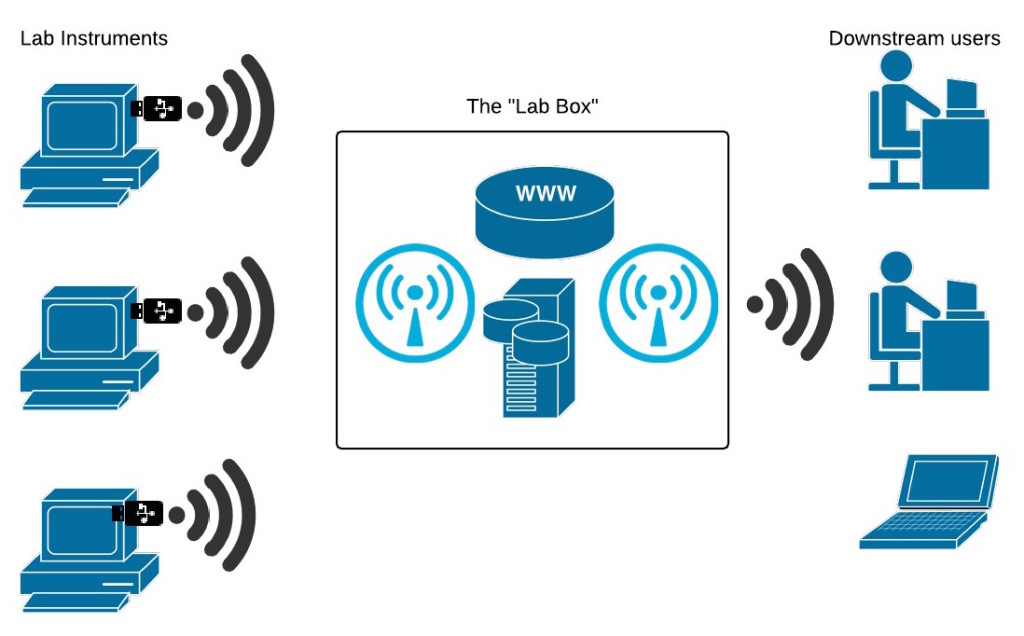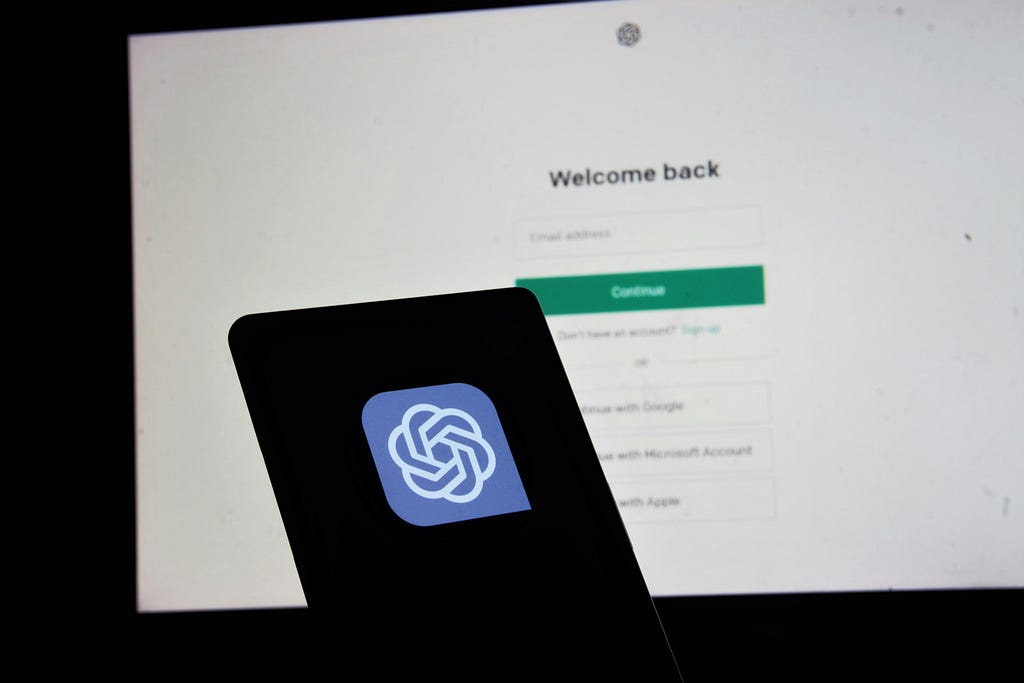
Integrating Large Language Models (LLMs) such as GPT into organizations’ data workflows is a complex process with various challenges. These obstacles include but are not limited to technical, operational, ethical, and legal dimensions, each presenting hurdles that organisations must navigate to harness the full potential of LLMs effectively.
